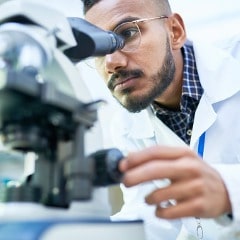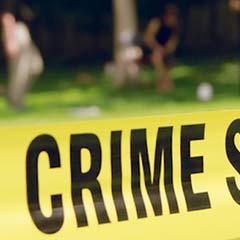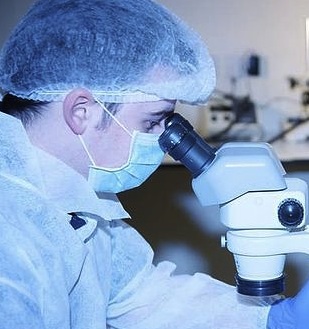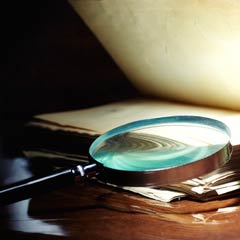 Resources
Resources
At ForensicsColleges, we want to connect students, prospective students, and professionals to the multitude of resources available online in order to stay up-to-date on recent news and trends within the online forensics community. From national news in the industry, cold cases in kidnapping, and top websites for different areas of forensic study, you can always find what you’re looking for here in our resources section.
Further your forensic knowledge and help continue the advancement of forensic research today. For additional information and up-to-date news, follow us on Twitter at @ForensicsEd.

What is Forensic Biochemistry?
Forensic biochemistry has various applications. For instance, forensic biochemists may be asked to trace the origin of a particular substance, determine paternity or the relationships that specific people or animals share, or even track the spread of diseases.

For an unattended death, law enforcement must use a combination of investigative techniques and science to calculate how much time elapsed between the victim taking their last breath and their remains being found.

15 Top Forensic Biology Programs (2025)
Those educated in forensic biology can seek out careers as biologists, DNA biologists, biologist forensic examiners, biology DNA program specialists, and more.

Those who practice forensics are essentially scientific detectives. They must reconstruct an event after the fact, through the study of biology, chemistry, and technology. Forensic professionals study ballistics, toxicology, questionable documents, fingerprints, DNA, and trace evidence. Their findings help to convict the guilty and exonerate the innocent.

Forensics Casefile: Catching the BTK Strangler
When BTK resumed his communication with the media in 2004, he overlooked a critical fact: this was now the 21st century, and law enforcement officers were becoming increasingly adept at forensic science.

What You Didn’t Know About Blood Spatter Analysis
Whether you're an up and coming forensic analyst or just someone who can't get enough of CSI, chances are you have heard a thing or two about blood spatter analysis. This field involves using the physics of fluids to help to determine the events of a (usually) violent crime by analyzing the placement of the blood droplets at the crime scene.

Top 10 Cold Cases – Unsolved Kidnappings
Child abduction in the United States continues to reach astronomically high numbers. Even with advanced technology to help solve cold cases in kidnappings, there is still a pressing need for collaboration between U.S. Government agencies and crime analysis experts to join forces and uncover the truth behind these unsolved crimes.

Criminalistics vs Criminology
A criminalist collects, documents, preserves, and examines the physical evidence at a crime scene, which could be something as huge as a bus, or as tiny as a pollen grain; criminologists, on the other hand, study why crimes occur, how they can be prevented, and the effects they have on a society.


